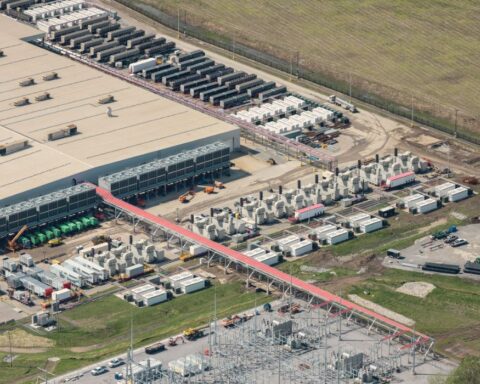Rich Kruger, the new CEO of Suncor, Canada’s second-largest energy company, let shareholders know earlier this week that the transition to clean energy can take a backseat to the primary prerogative of juicing billions in short-term profits for shareholders from the oil sands.
While this move will not be popular among environmentalists, I expect it will please some investors, who would like to wring as much money as possible from these fossil fuel assets before they become stranded.
Kruger’s walk-back away from clean energy comes after the CEOs of Shell and BP made similar moves. The former Imperial Oil CEO came out of retirement in May only to steer the company “back to being a good old-fashioned oil company,” as Western Standard noted. Suncor had already divested from solar and wind assets last year, reportedly to focus on hydrogen and renewable fuels. Now Kruger has made it clear that the company is returning to its oil sands roots.
Why the change in tune? The fickle price of oil.
A few years ago, when Western Canadian Select was trading at US$12 per barrel, oil companies were professing their commitment to clean energy; now it’s at US$56, down from a high of more than US$100 last June.
It’s hard to find anyone willing to bet serious money that high oil prices will persist as a decadal trend – there are too many forces of disruption dampening long-term structural demand for oil. Given the situation, an oil company has two choices: it can focus on fundamentals, juice profits to the max and give the money to shareholders as the company disappears into the sunset, or it can leverage its various forms of capital to plow these proceeds from old energy into the new energy that will dominate the near future, reinventing itself to own and thrive in the low– carbon future.
Not that long ago, this is exactly what Mark Little (the CEO of Suncor at the time), was calling for, noting in an article he co-wrote for Corporate Knights that making advanced materials (including lightweight carbon fibres) from the rich feedstock that is bitumen could “quadruple the revenue from Alberta’s current bitumen output.”
With Big Oil incumbents bailing on clean energy, it will be up to other sectors and entrepreneurs to accelerate the energy transition and reap the rewards of leading the low– carbon economy, one that’s already rivalling – and will soon dwarf – fossil fuels.
Let’s cheer them on and let’s stop wasting time by giving Big Oil a seat at the tables where we make important decisions about our future, starting with the COP28 climate summit in Dubai in November. More than 600 oil and gas lobbyists registered for last fall’s summit.
It’s bad enough that this year’s summit is being chaired by an oil company executive. Let’s at least keep the rest of the dinosaurs out.







